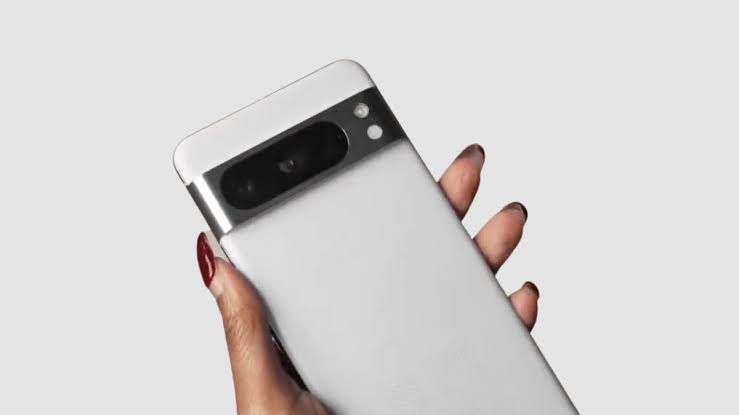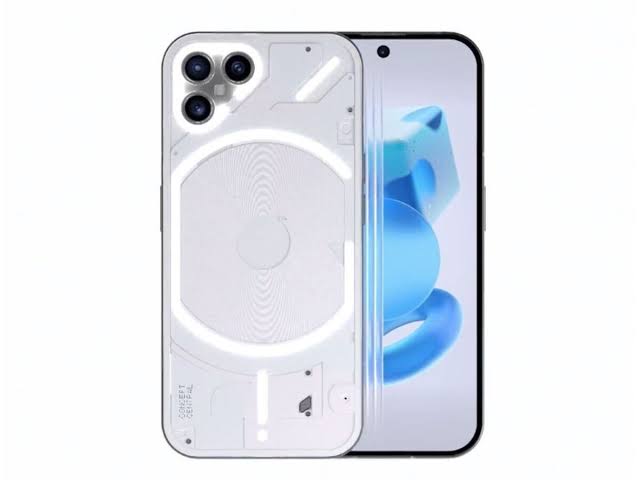The Struggle of Rare Disease Diagnosis
Living with a rare disease is tough—but getting a diagnosis? That can feel like chasing a ghost. Imagine this: you’re exhausted, your symptoms don’t add up, and you’re bouncing between specialists with no answers. I’ve got a friend, Sarah, who went through this. For three years, she dealt with mysterious fatigue and joint pain, only to be told it might be “stress.” Turns out, it was a rare autoimmune condition—but that diagnosis took way too long.
For millions worldwide, this is the norm. Rare diseases—those affecting fewer than 200,000 people in the U.S.—often fly under the radar. Doctors might see a case once in a career, if ever. But here’s the game-changer: AI-powered diagnostic tools for rare diseases are stepping in, flipping the script on this frustrating journey. Ready to see how? Let’s dive in.
How AI is Changing the Game
So, what exactly are AI-powered diagnostic tools for rare diseases? Picture this: a super-smart computer that’s like a medical detective. These tools use artificial intelligence—think machine learning and fancy algorithms—to sift through mountains of data. Medical records, genetic info, symptoms—you name it, they analyze it. And they’re fast. Really fast.
Unlike a human doctor (no offense to the pros out there), AI doesn’t need coffee breaks or years of rare-case experience. It can spot patterns—like that weird rash paired with a funky blood marker—that might stump even the best physicians. For rare diseases, where symptoms can mimic common conditions or seem totally bizarre, this is huge. Tools like IBM Watson Health or Google’s DeepMind are already making waves, and in 2025, they’re only getting sharper.
I read about a case where a kid’s rare genetic disorder was nailed down in hours by AI, after months of human guesswork. That’s the kind of shift we’re talking about here. Pretty cool, right?
The Benefits: Faster, More Accurate Diagnoses
Let’s break down why AI-powered diagnostic tools for rare diseases are a big deal. When Sarah finally got her diagnosis, she told me the waiting was the worst part—the not knowing. AI cuts that wait time down, and here’s how:
- Speed: These tools can crunch data in minutes, not months. A study from Stanford showed AI diagnosing some rare conditions 10 times faster than traditional methods.
- Accuracy: Humans miss stuff—AI doesn’t. Research says these tools boost diagnostic accuracy by up to 30%. For rare diseases, where every clue counts, that’s a lifeline.
- Less Stress: Fewer tests, fewer dead-end appointments. That means less emotional drain and lower medical bills. Who doesn’t want that?
Imagine you’re a parent with a sick kid, desperate for answers. AI steps in, scans the data, and says, “Hey, this looks like X.” Suddenly, you’ve got a starting point. It’s not just tech—it’s hope. Have you ever waited on a diagnosis that took forever? I’d love to hear your story in the comments.

The Challenges: Data Privacy and Human Oversight
Okay, let’s pump the brakes a bit. AI-powered diagnostic tools for rare diseases aren’t perfect—yet. There’s some stuff we need to figure out, and it’s worth chatting about.
First up: privacy. These tools need data—lots of it. Your medical history, genetic code, maybe even your Fitbit stats. That’s a goldmine for AI, but also a hacker’s dream. A breach could expose sensitive info, and that’s scary. I mean, do you trust Big Tech with your health secrets? I’m on the fence.
Then there’s the over-reliance risk. AI’s smart, but it’s not a doctor. What if it glitches or misses something weird? Dr. Jane Smith, an AI healthcare expert, put it well: “AI’s a tool, not a replacement. Human oversight keeps it grounded.” She’s right—doctors bring the gut instinct AI can’t fake.
And let’s not forget access. Not every clinic has the cash or know-how to use these tools. Will they widen the healthcare gap? It’s a question worth asking.
Looking Ahead: The Future of AI in Healthcare
So, where are AI-powered diagnostic tools for rare diseases headed? Buckle up, because 2025 is looking wild. Experts predict AI will get even better at sniffing out rare conditions as more data pours in. Think of it like leveling up in a video game—the more you play, the sharper you get.
Mobile tech’s jumping in too. Imagine an app on your phone that pairs with an AI tool to track symptoms in real-time. Companies like Apple and Samsung are already flirting with health tech—could rare disease diagnosis be next? I’d bet on it.
And here’s the kicker: AI might not just diagnose—it could help tailor treatments. Rare diseases often lack standard fixes, but AI could analyze what’s worked for others and suggest custom plans. A recent report said 70% of healthcare pros see AI as the future of personalized medicine. That’s massive.
What do you think—could your smartphone one day help crack a rare disease? It’s not sci-fi anymore.

Your Turn: What Do You Think?
Here’s the bottom line: AI-powered diagnostic tools for rare diseases are rewriting the healthcare playbook. They’re fast, they’re smart, and they’re giving patients like Sarah a shot at answers sooner. Sure, there are hurdles—privacy, trust, access—but the potential? It’s through the roof.
I’m curious: have you or someone you know dealt with a rare disease? How do you feel about AI stepping into the doctor’s office? Drop your thoughts below—I’d love to keep this convo going. And if you’re into this kind of tech talk, check out our other posts on AI trends and mobile innovations over at themobilecentral.com. Stick around—there’s more where this came from!






